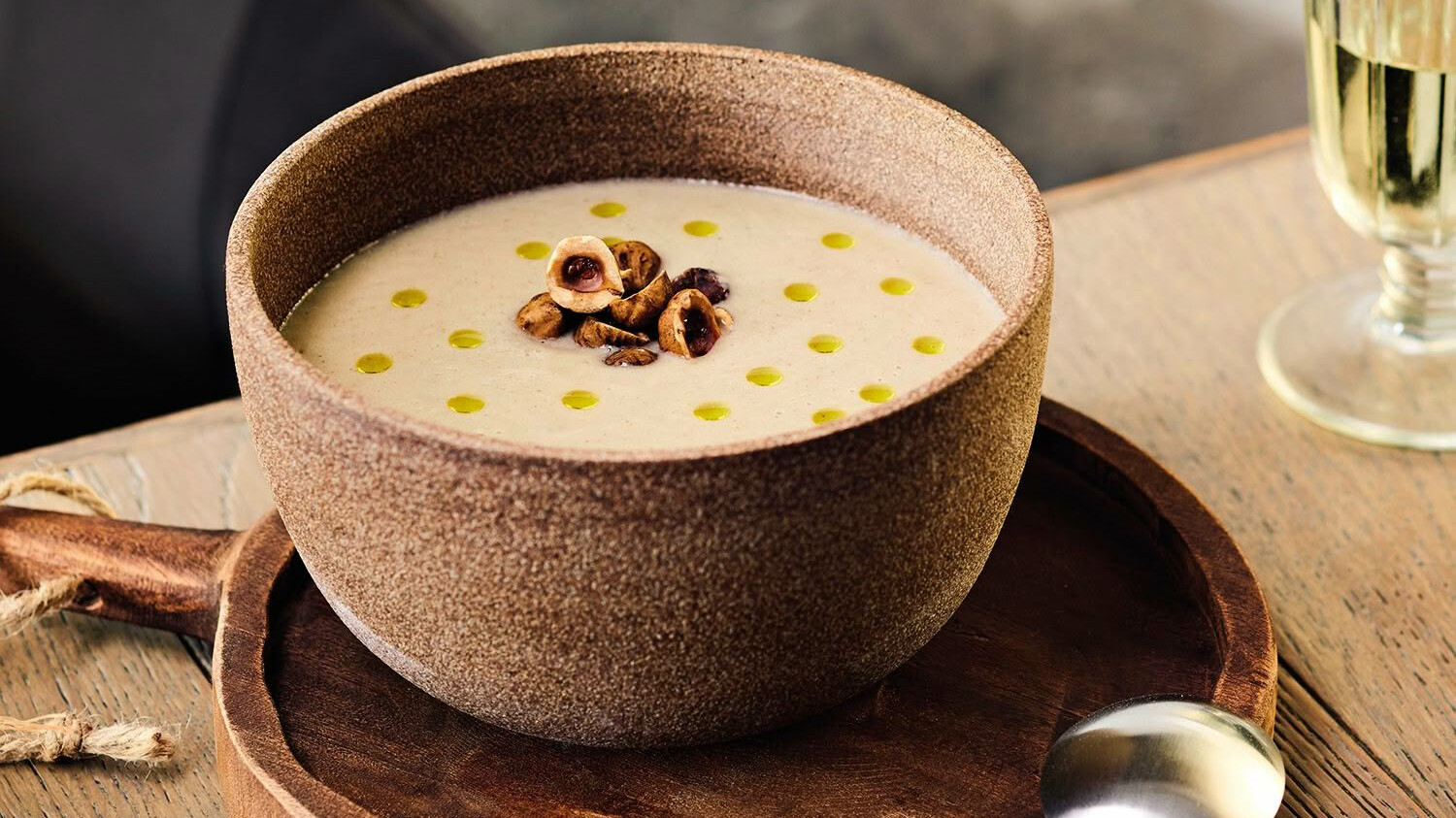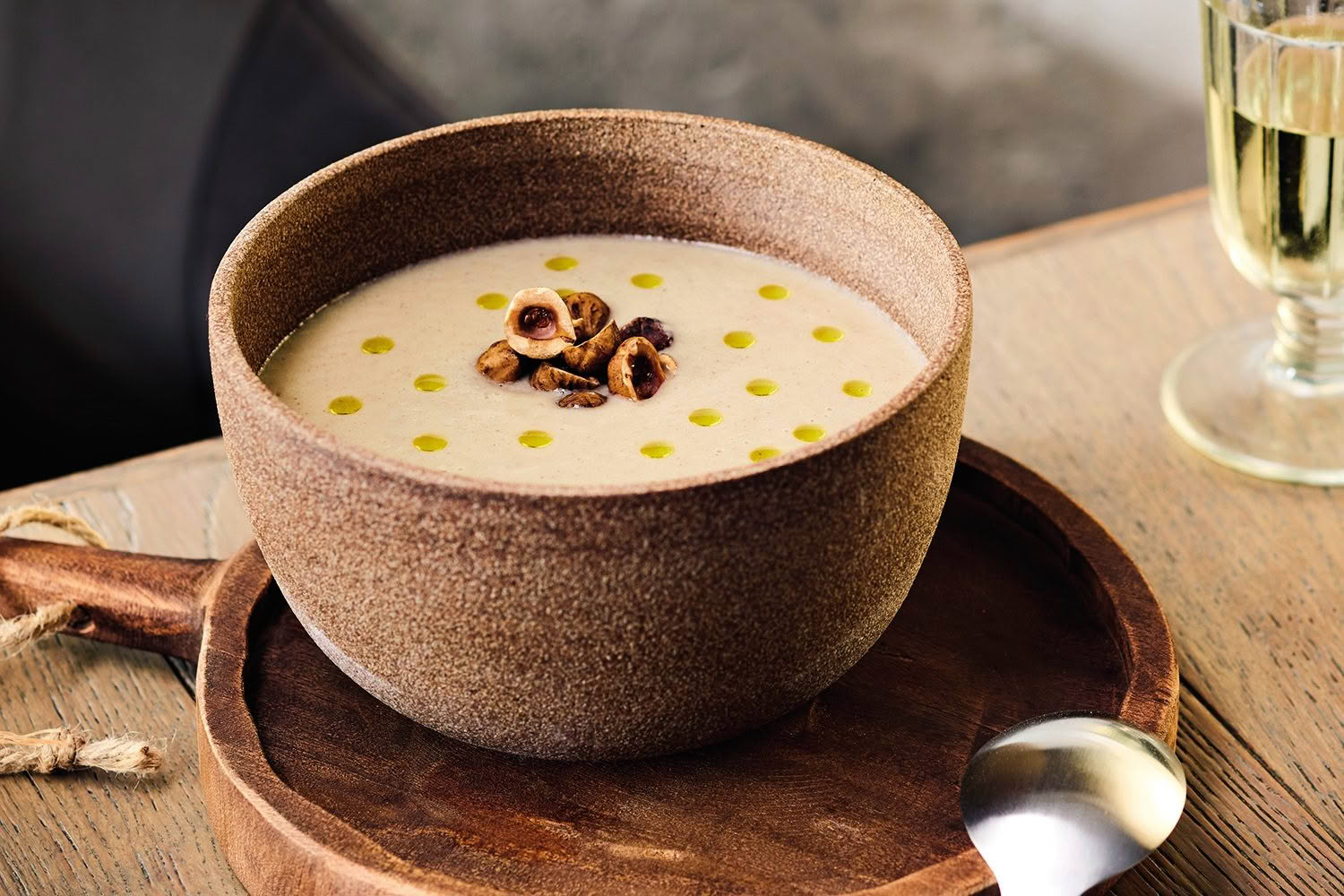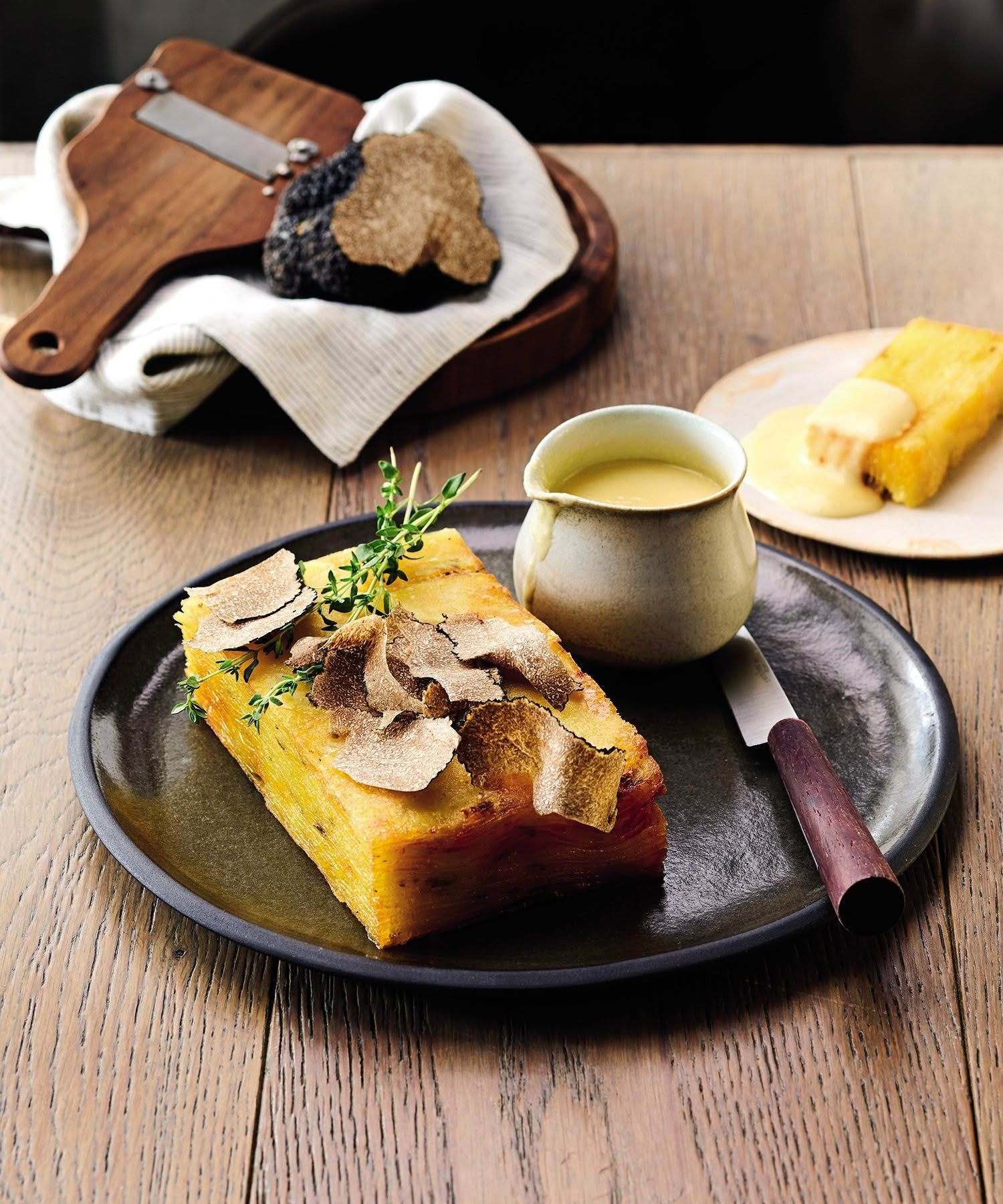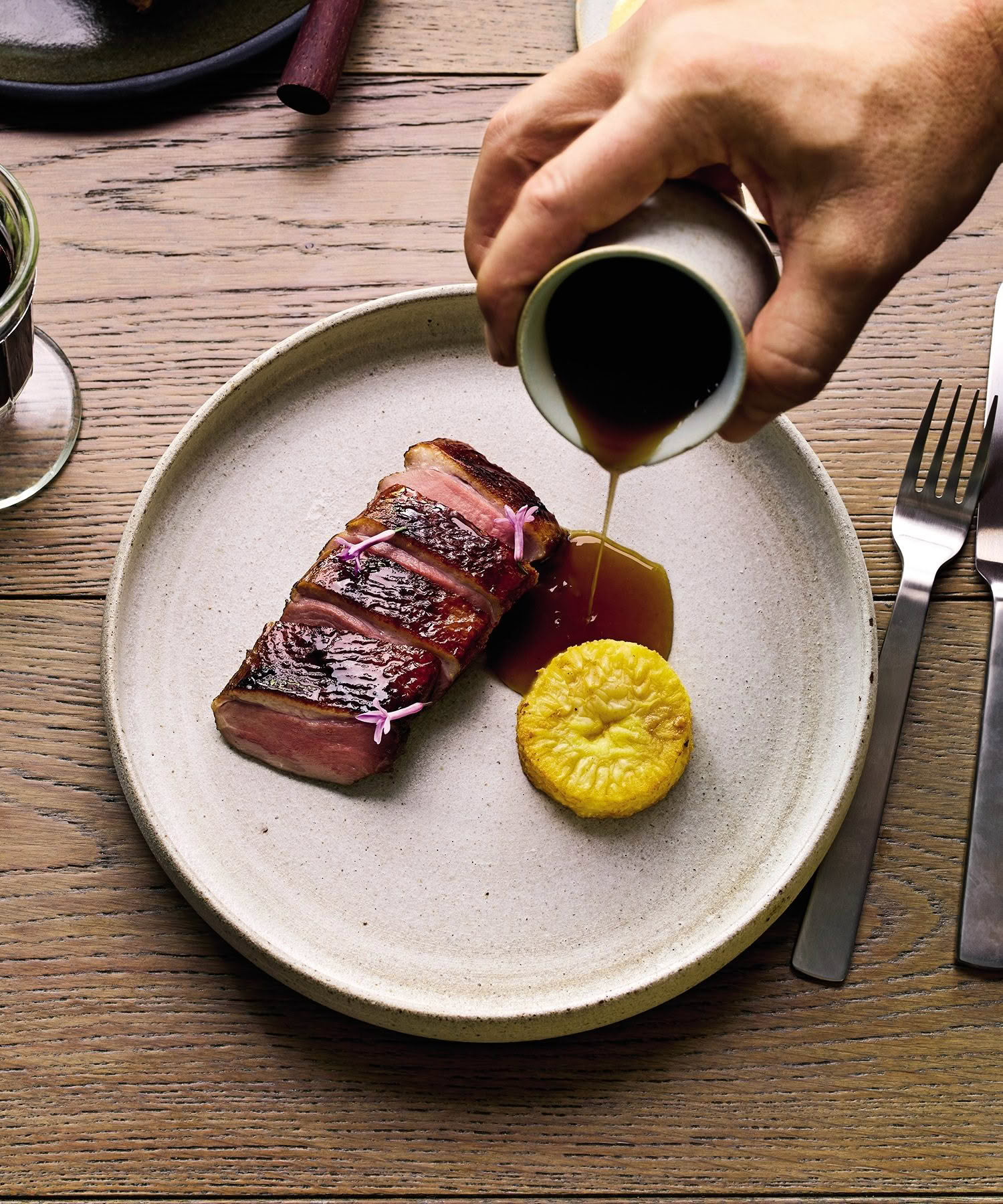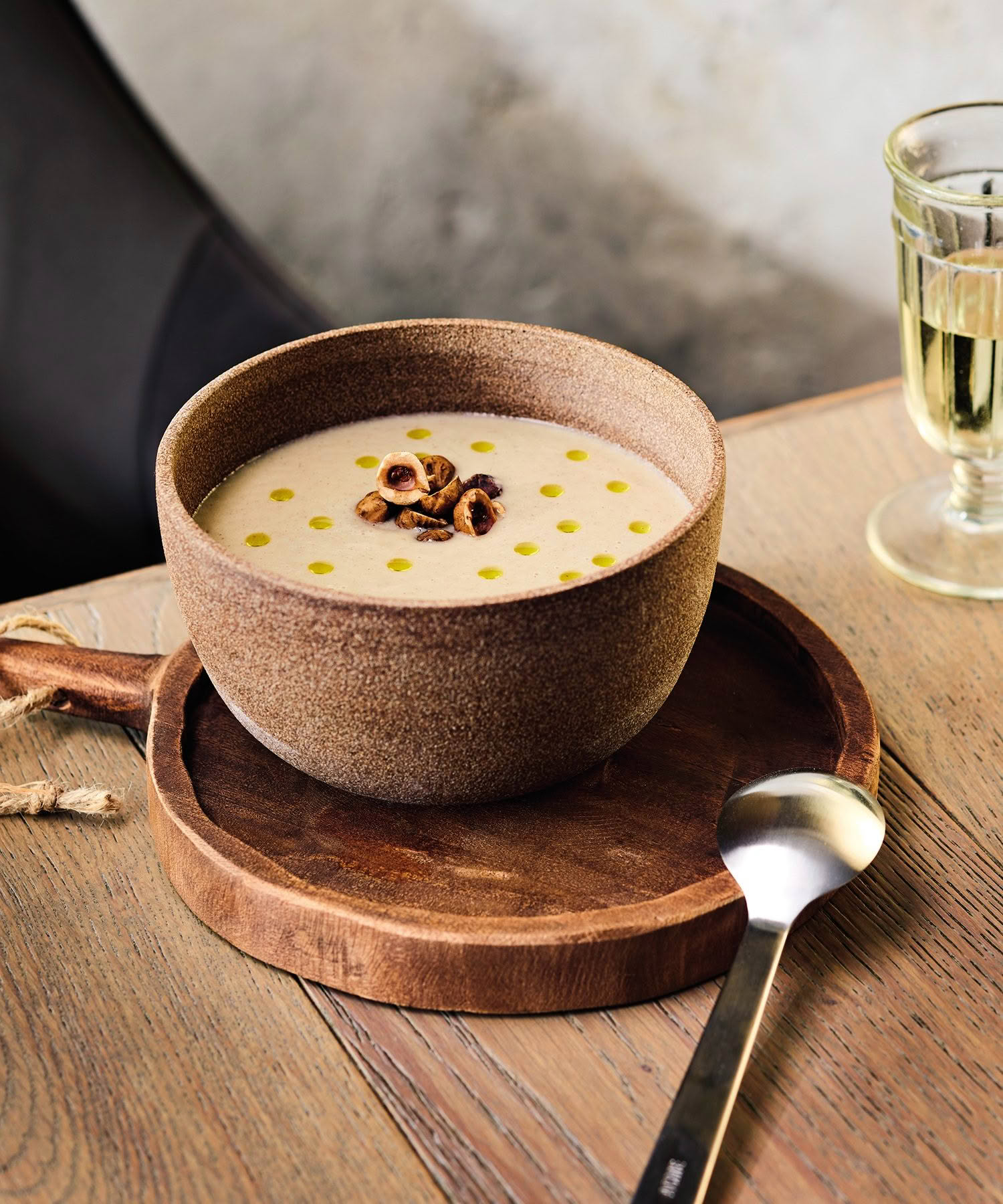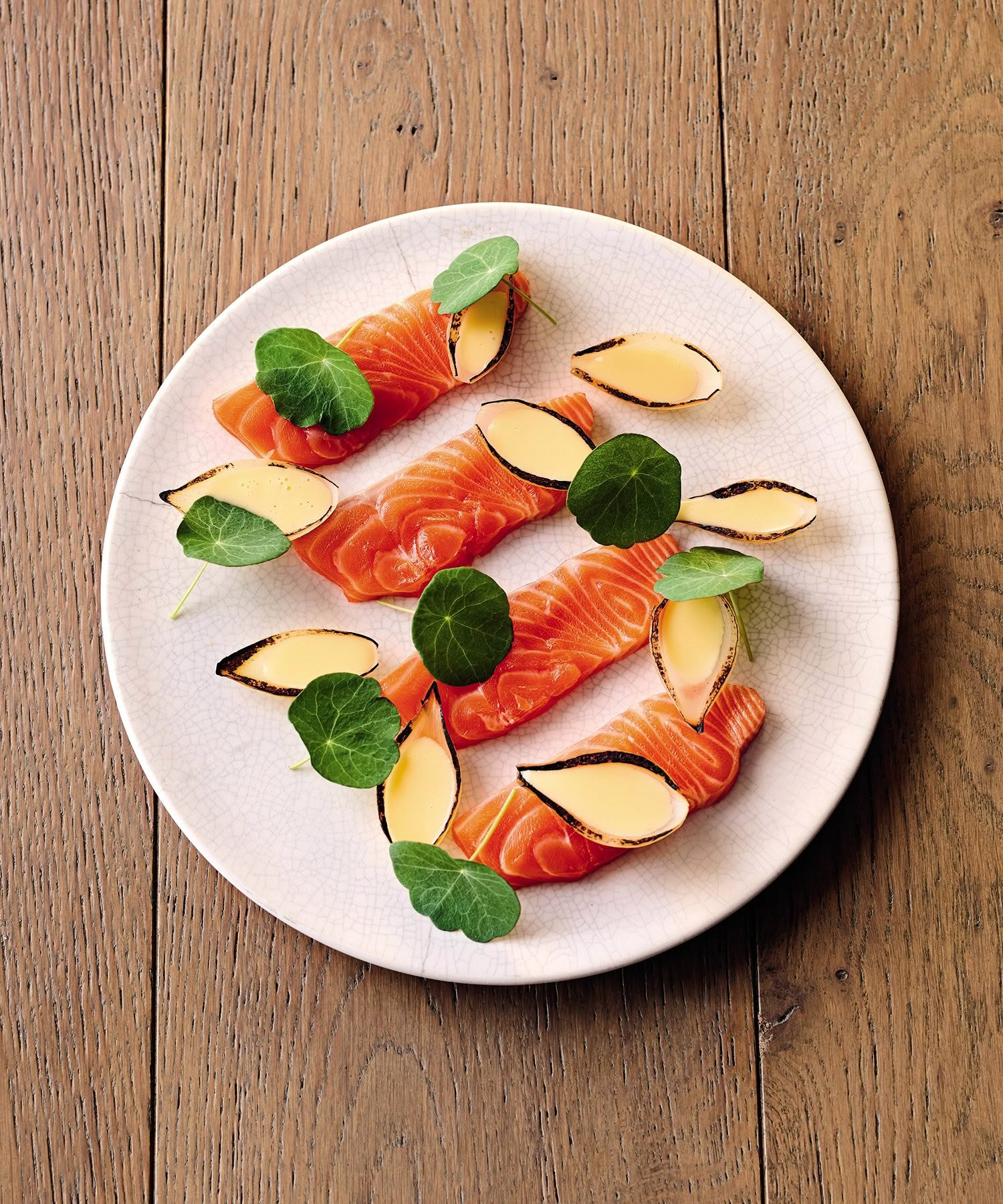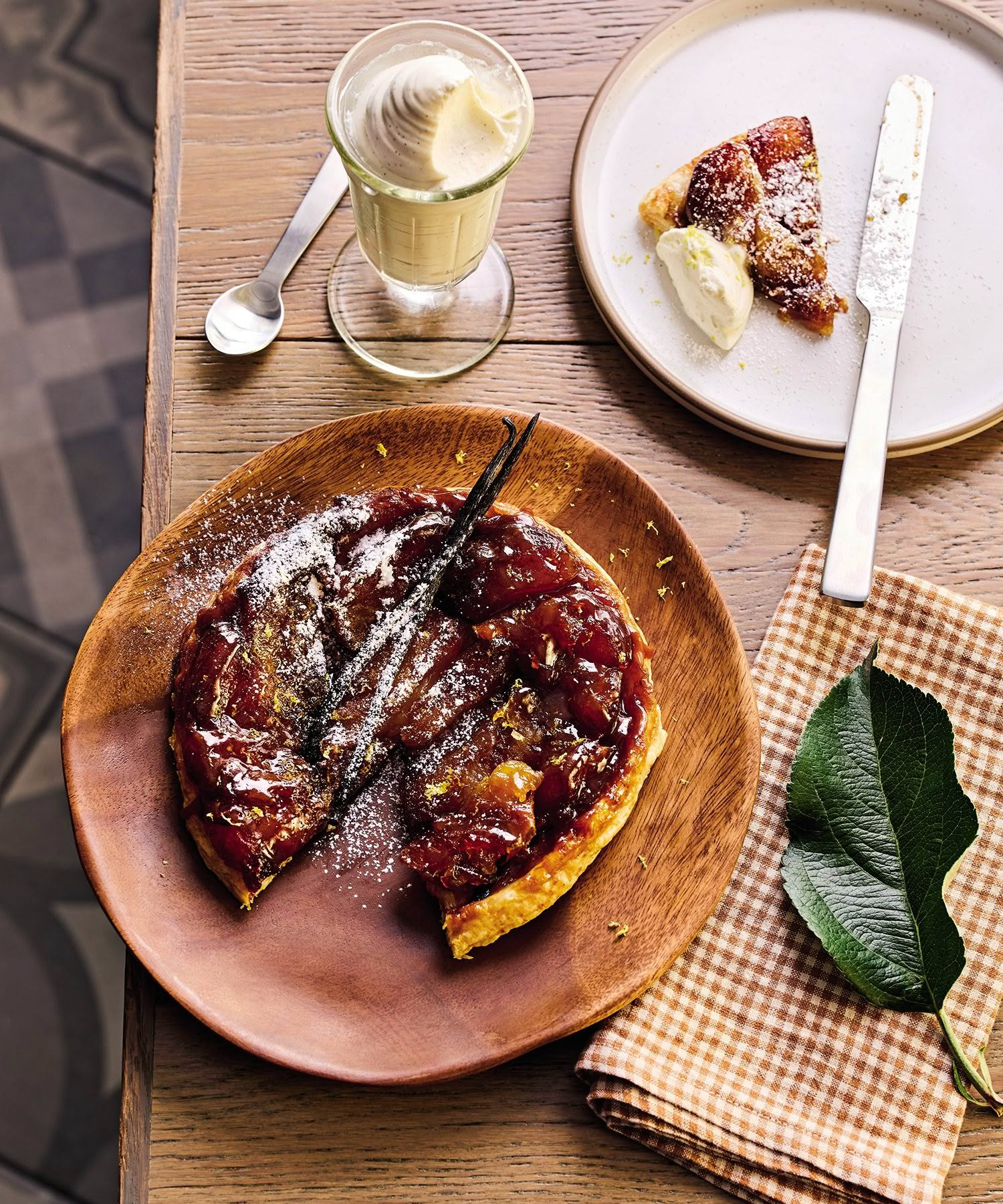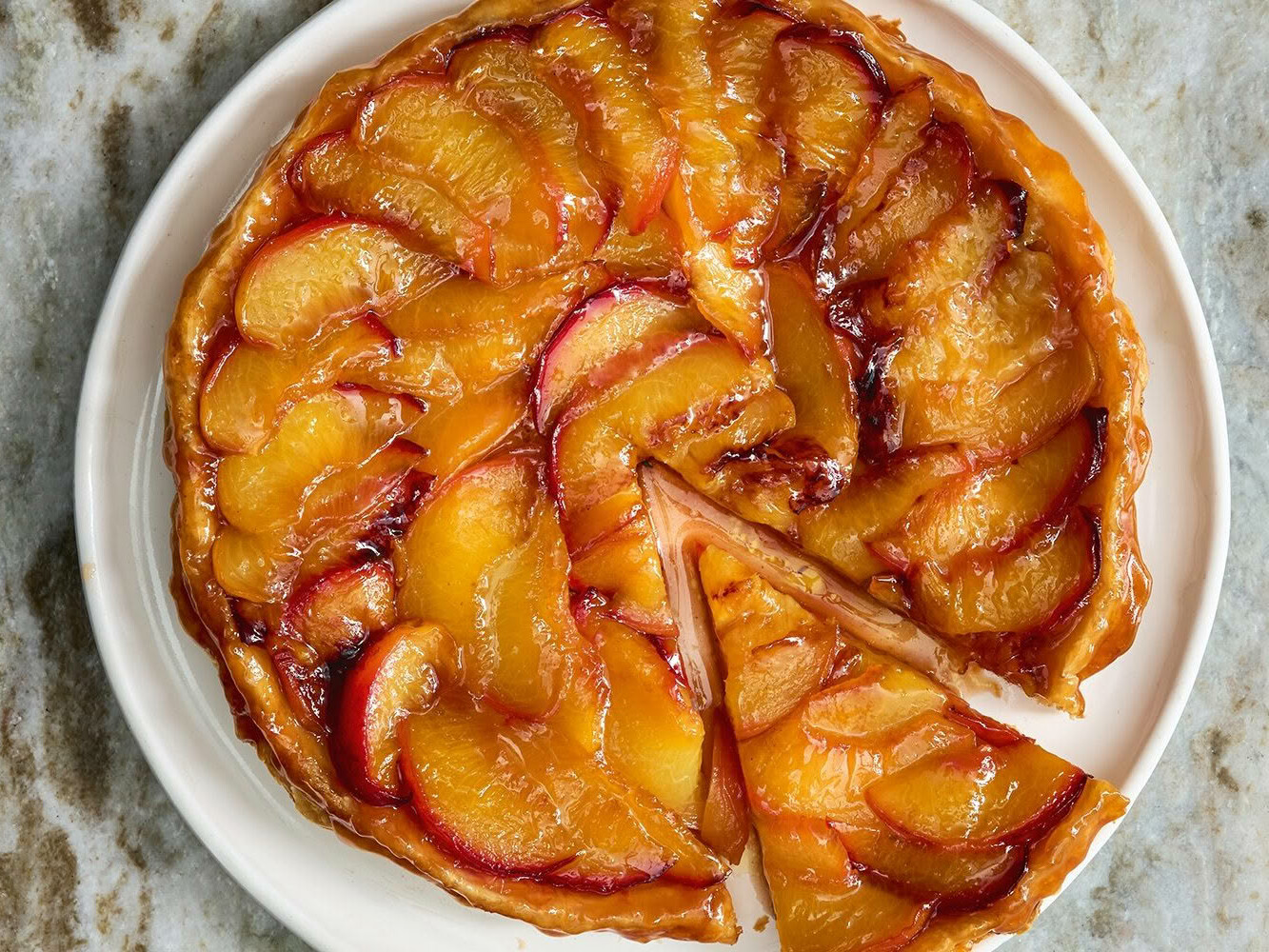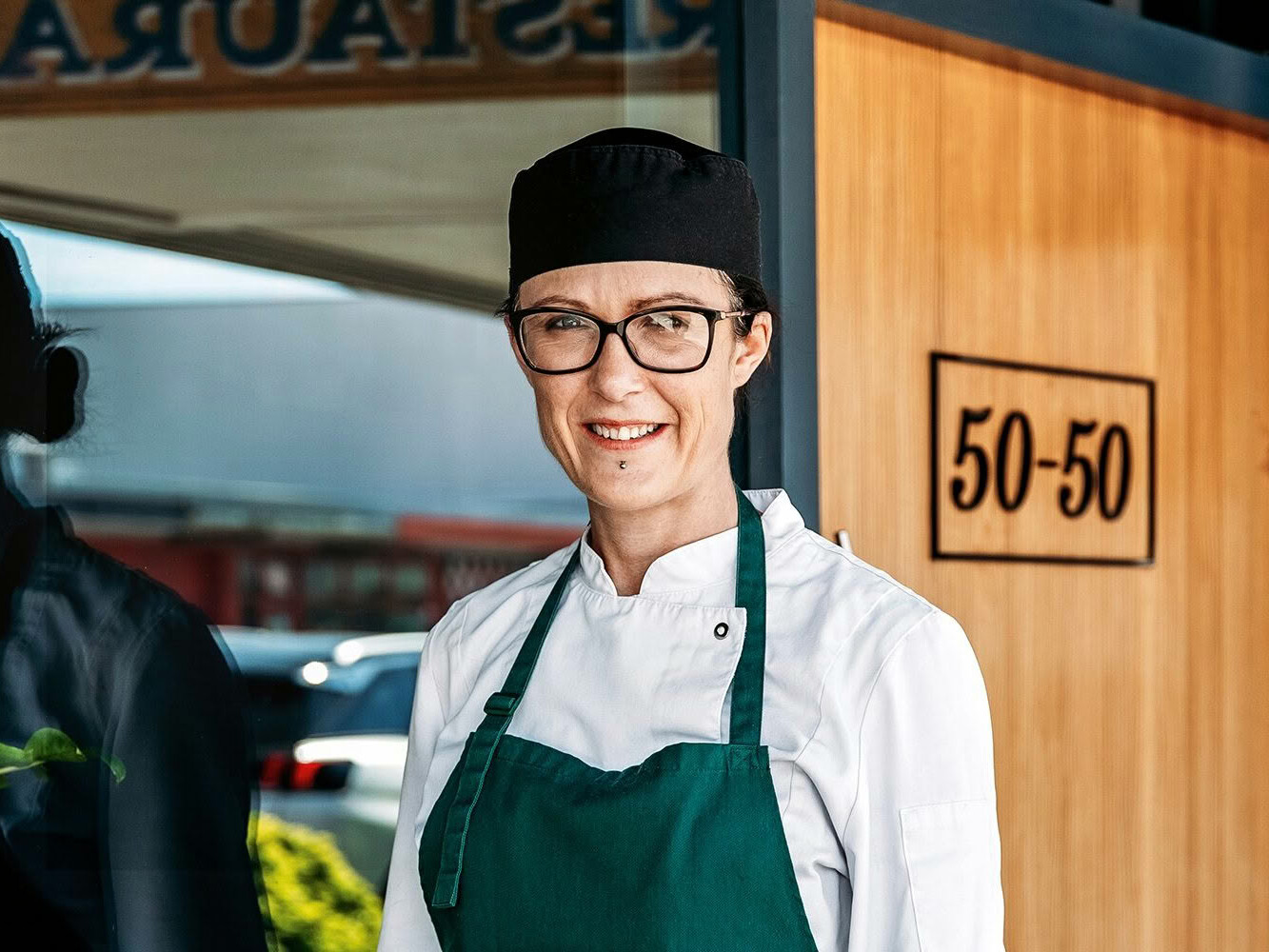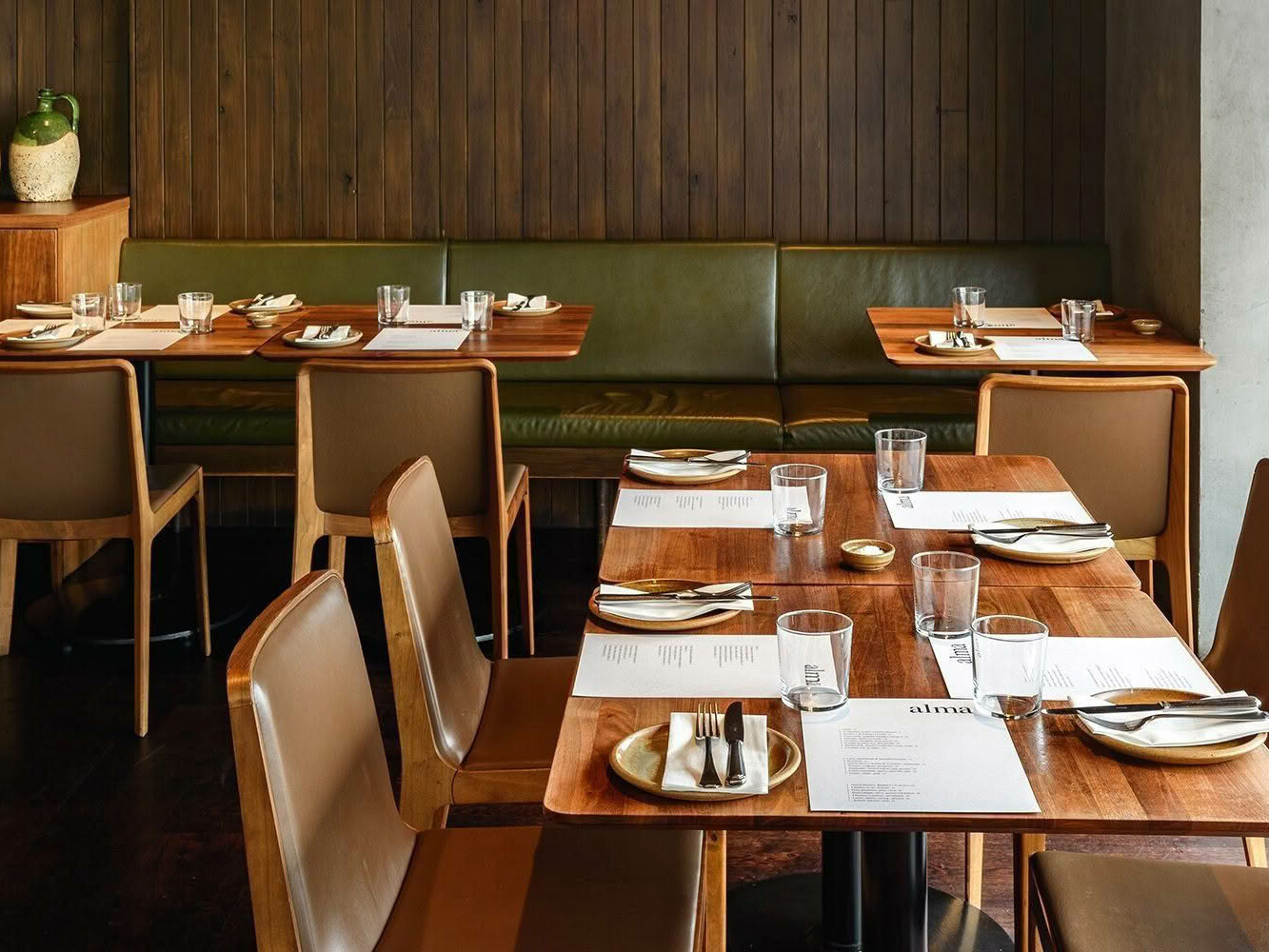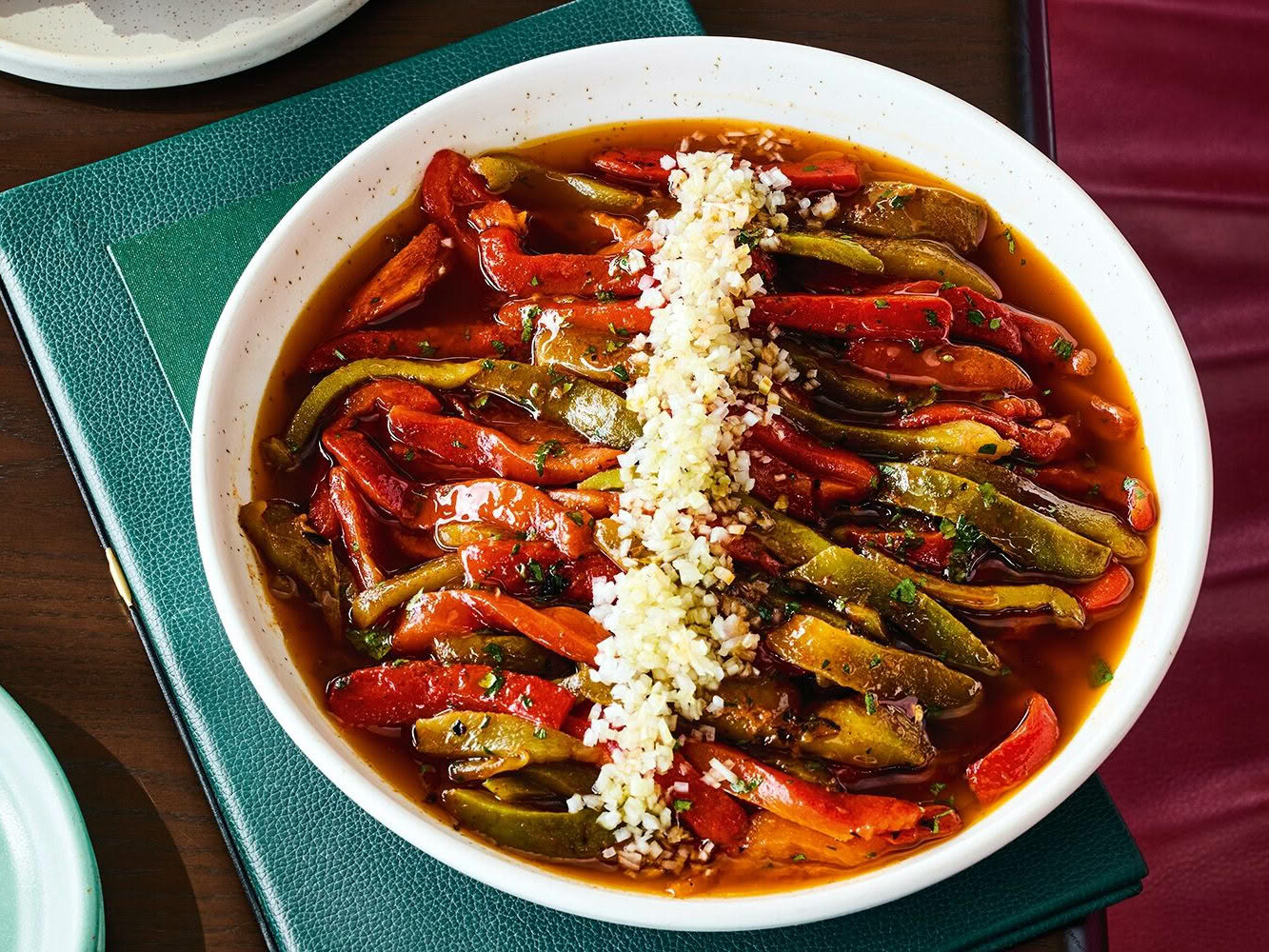We simply could not bring you the French edition of Cuisine without the inclusion of Sina and Nick Honeyman and a peek inside their Michelin-starred restaurant Le Petit Léon, situated in the gorgeous village of Saint-Léon-sur-Vézère in the Dordogne region.
Nick has worked extensively in some impressive gastronomic temples in France – restaurants such as L’Astrance and L’Arpège – and he opened Paris Butter in Auckland in 2016. Sina has joined Nick in recent years as restaurant manager and sommelier and together they have become one of only 52 restaurants in France to receive the prized Michelin distinction.
For Nick, to achieve a Michelin star in France – the homeland of the guide – was his childhood dream realised, so who better than he and Sina to give us their thoughts on the evolution of French cuisine in today’s melting pot of culinary techniques and tradition?
How do you define French cuisine? Why is it so revered?
NICK: French cuisine is the building block of all cuisine. The simple steps and methods used hundreds of years ago are still the base of everything we do now.
What is particular to French food that sets it apart from other cultures?
NICK: French food is based around the love of food and culture. Meals are built around occasions for sharing – in France it is not just a way to eat, it’s the way of life.
SINA: The French food culture is such an important part of everyday life. It starts early in school. Our children are three and five years old and they attend the local school in our village. Lunch breaks are not 20 minutes but an entire hour. Lunch is considered a lesson on a balanced diet, table manners and social interaction around food, even at a young age. Children as young as two years old get a four-course meal made at the school from scratch with organic, seasonal and local ingredients every single day. Their respect and appreciation for food starts at a very early age.
How has French cuisine, in your opinion, continued to evolve or does it still adhere strongly to traditions?
NICK: I think the evolution of French cuisine has been more prevalent outside of France. All the basics of modern cuisine rely on French cuisine. In France there is a strong culture that keeps all old techniques and recipes alive.
What’s your favourite French experience in New Zealand?
SINA: Paris Butter, obviously, but every time we step into Maison Vauron it feels like our local ‘epicure’. The love and knowledge for their French wines and cheese that they share with all their guests is second to none. Circling through the vineyards in Blenheim, you sometimes could be mistaken for being in the French countryside.
What’s your favourite French cookbook? Why?
NICK: Larousse Gastronomique: it was the first cookbook I ever bought and it is the dictionary of French food. Every great chef, past and current, has a copy of this on their shelves.
If we were to pair a French wine with Nick’s recipes in this feature what would it be and why?
SINA: Nick’s food pairs wonderfully with aromatic wines, balanced acidity and nothing too heavy. My favourite way to start any meal is with a glass of Champagne, either an extra brut or brut nature. Next up, an aromatic white with bright acidity and lighter body, for example a pinot blanc from Alsace. That would be followed by a fuller-bodied white wine such as a viognier-based Rhone. For the main course we are looking for something fruity, not too heavy but with nice structure. Of course a pinot noir from Burgundy is always a great choice, but if you are open to discovery I’d like to suggest a light-bodied syrah blend from the mountainous coastline (such as a Pic Saint Loup or a Cucugnan). And to finish, a tiny bit of Monbazzilac, our local, late-harvest wine with notes of honey and sweet spices.
Here Nick has shared some of his favorite things to cook when entertaining at home in France, We know you will treasure these recipes. restaurantlepetitleon.fr

